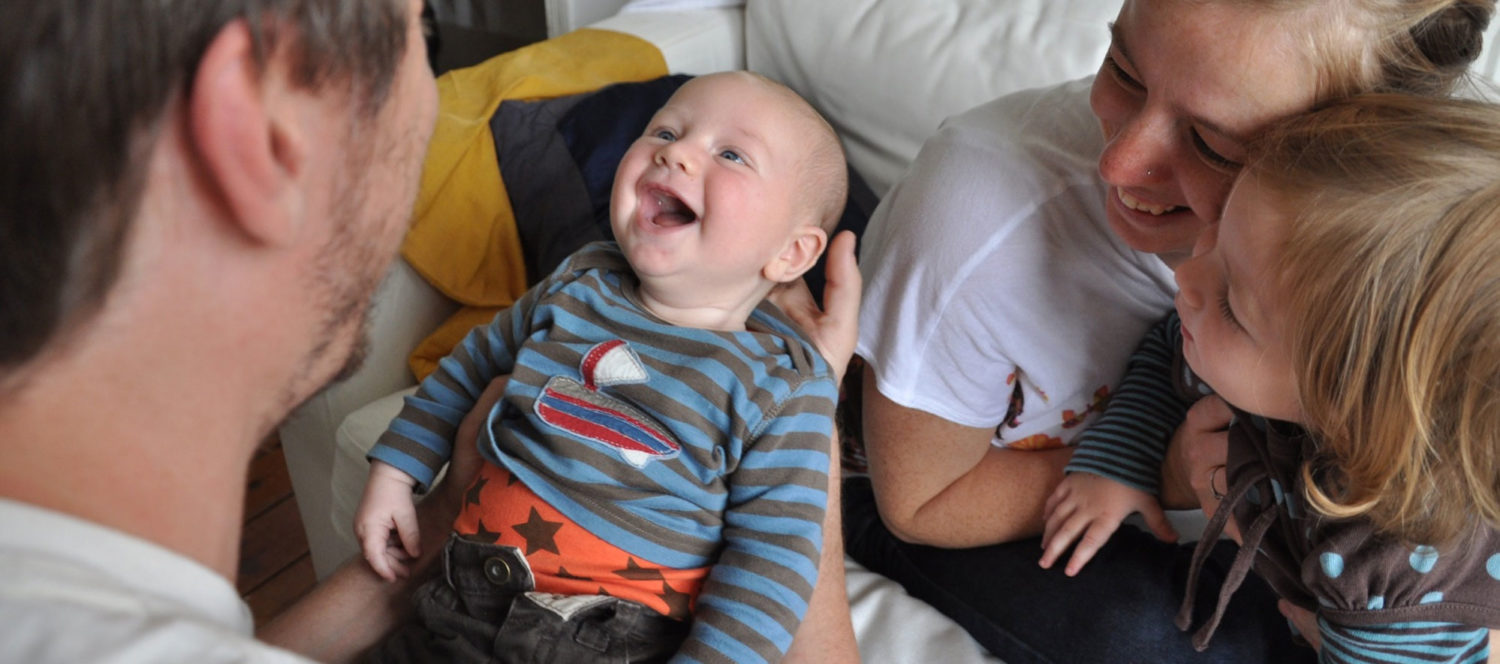
Lancet series: Breastfeeding saves lives and it’s time for action
Read below a blog post by UNICEF UK Baby Friendly Initiative Programme Director Sue Ashmore on the launch of The Lancet series.
Update: Read this WBTI open letter published 9 February on the crisis in UK breastfeeding, in response to the Lancet findings.
At certain moments, events happen in close succession and are of such significance that you can’t help feeling the world is going to have to change to take account of it.
I feel that now, as the Lancet today publishes its series on breastfeeding stating that a lack of protection and support for breastfeeding is killing more than 800,000 babies each year, causing more than 20,000 deaths from breast cancer, and costing the global economy around $302bn per year in lost cognitive development and thus economic potential.
Read the Lancet’s breastfeeding series
Funded by the Gates Foundation and the Wellcome Trust, it is the most extensive piece of research into the effects of breastfeeding ever undertaken and should put an end to any doubts about the impact of breastfeeding on the health and well-being of populations. According to author Professor Cesar Victora from the Federal University of Pelotas in Brazil: “There is a widespread misconception that breastmilk can be replaced with artificial products without detrimental consequences.”
The Lancet series makes clear that it is not appropriate to expect individual mothers and their families to be responsible for what is in fact a systemic societal failure to protect the best interests of our mothers and babies. It is the responsibility of Governments to support breastfeeding and to protect their citizens from companies who actively and aggressively market breastmilk substitutes, undermining mothers’ confidence and ability to produce milk.
The studies predict that this formula milk industry, which was worth a massive $40bn in 2014, will have grown to $70bn by 2019. This is a chilling thought when you consider it in the light of the independent and thorough Access To Nutrition Index (ATNI) report which came out earlier in January. This shone much-needed light onto the ongoing shady activities of companies selling breastmilk substitutes. Even the company with the “highest” score was still only 36% compliant with the International Code on the Marketing of Breastmilk Substitutes (also known as the Code) – a shameful record in the light of the 800,000 babies who die each year because they are not breastfed.
The Lancet reinforces other recent large scale evidence reviews such as a special issue of Acta Paediatrica, which stated that breastfeeding rates are responsive to interventions delivered in health systems, communities and homes, with the largest effects achieved when interventions are delivered in combination. This finding is echoed in the current Lancet series which argues that “success in breastfeeding is not the sole responsibility of a woman — the promotion of breastfeeding is a collective societal responsibility.”
A commentary piece published alongside the Lancet breastfeeding series by authors including experts at Save the Children, Unicef and Dundee University makes the crucial point that we already know what needs to be done to stop these children dying unnecessarily, to stop these deaths from cancer in mothers, and to stop so much of the ill health and poor development caused by low rates of breastfeeding. And let’s be clear, it is not just poorer countries that need to take action. “There is a widespread misconception that the benefits of breastfeeding only relate to poor countries,” said Professor Victora. “Nothing could be further from the truth. Our work for this series clearly shows that breastfeeding saves lives and money in all countries, rich and poor alike. Therefore, the importance of tackling the issue globally is greater than ever.”
His words ring in my ears. We already know what needs to be done, we know the cost of not doing it and the urgency of taking action is greater than ever. The time to act is now. Each one of us must insist that our respective governments enforce the Code and hold to account those companies that continue to play fast and loose with babies’ lives and development. We must also insist that women are given the trained support and nurturing environments needed to breastfeed successfully. We are not talking rocket science here, nor are we talking large sums of money. It is hard to think of anything that would have a bigger impact on public health globally, and it really is within our reach.


